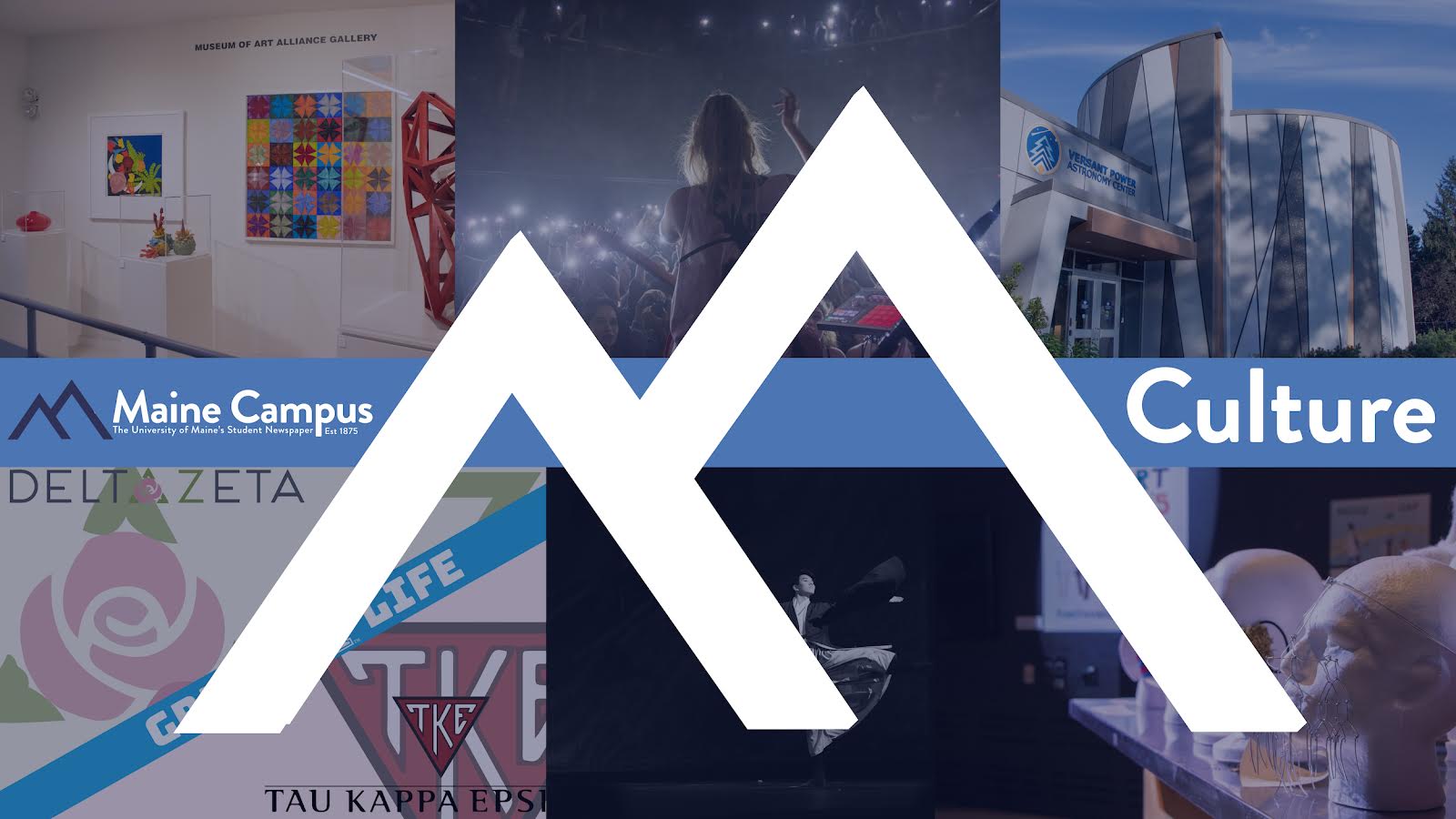On March 28, Assistant Professor Brian Pittman facilitated a panel hosted by the University of Maine sociology department over Zoom called, “Living Unhoused: The Realities of Unhoused People in Bangor.” The panel invited three individuals, Lock, Prophett and Blue from the Bangor area to share their experiences and information about being homeless. Many points made in the panel shed light on the conditions many homeless people live through and provided “housed” individuals with resources on how they can help. The most important point that they made helped diminish the stigma that surrounds the homeless population: The little things matter; if you can’t fund money, fund a smile.
The panelists were first asked how they first became homeless. It began at a young age for all of them.
“I first became homeless when I got my car because it gave me a way out, away from home,” Blue said.
Blue came from a very abusive family and has found that homelessness provided an escape from an environment of abuse.
Lock also came from an abusive family, and started couch surfing at the age of nine. Lock is currently in housing that they describe as unsafe and suffers from disabilities that cause frequent hospital visits. They have no heating or cooling and their running water is unsafe to drink. They do have a bed, which they describe as “a privilege.”
Prophett became homeless when their family was transitioning homes and it took longer than they expected. They have been homeless since 2020 after they dropped out of college and are currently living in their car.
What kept all three of them homeless was this idea of mentally not having a home. Sometimes living in a car or on the street, they each expressed, was better than being “trapped.” They also shared how inaccessible the system of welfare is to homeless people. They qualify for these programs but the means to receive the benefits serves as an additional barrier to entry. Individuals may be denied services or benefits like assistance for purchasing food, for instance, as they lack a stable address to which program-related documents can be mailed. Lock shared how just being in a shelter caused people to treat them differently.
“People rejected me because I lived in a shelter,” Lock said.
Blue says that the trauma they endured as a child, as well as their disabilities and mental illness, all played a huge factor in keeping them homeless.
“I chose to live in a car because I didn’t want to be hurt,” Blue said.
The group expressed how they are just like everyone else, minus the house. They want to eliminate the stigma that homelessness equates to laziness when in actuality, their brains have trained them from a young age to function in crisis mode. They are constantly trying to survive. That is their day-to-day life. If they are resting, they are thinking about the next crisis or detoxing from the previous one. Prophett has to worry about their car since it is their home. If something goes wrong, they no longer have heating or power.
“Small things will change my mind set so quickly,” Prophett said.
“You wish people could understand but it is something you have to explain,” Blue said.
Blue expresses how they continually live out of a backpack. Prophett agreed with what they had to say.
“I’ve noticed across the time that I’ve been homeless I’ve gotten accustomed to living out of bags,” Prophett said.
They each expressed how being within four walls makes them feel claustrophobic because they’ve become “systemized” to being outside. Lock pointed out that four walls have “so much within.” Affordable housing could mean horrible landlords or no heating, something that Lock has experienced.
“[You’re] holding out for something you’ve never experienced,” Lock said about the search for living in a house.
Being homeless is a full-time job and it has taught them all how to be patient. All these skills could have been learned outside of being homeless, but it was being homeless that forced them to learn them.
There is a connection that they all shared that is intimate. The community that they are a part of has kept them on their feet.
“I am only alive because of my community,” Lock said.
Blue has often become homesick “being at encampments or being at tent cities” because of that institutionalized state that they have been in. They are connected to those people and know the situation they are in. They use each other for resources if they need a ride to an appointment or community outreach. For support, they turn to social media where they ask for mutual aid.
“Mutual aid is just another word for kindness,” Lock said.
The trio ended by saying that for those that are interested in helping, it is important to know your resources. The little things matter to them and giving what you got, whether that be money or acknowledgement, helps them to see another day.
For guiding resources you can also visit Greater Bangor Housing Community.










